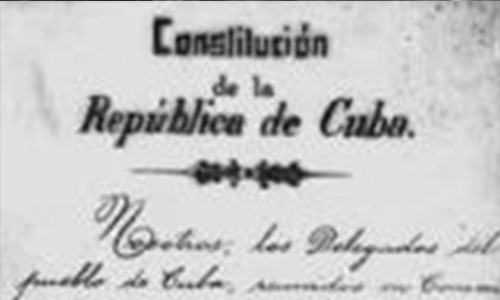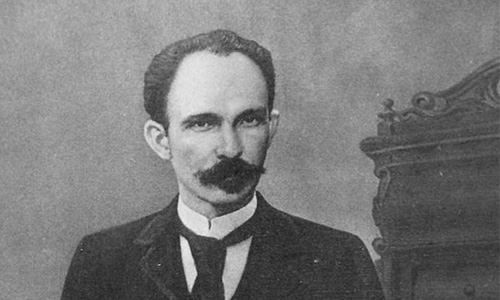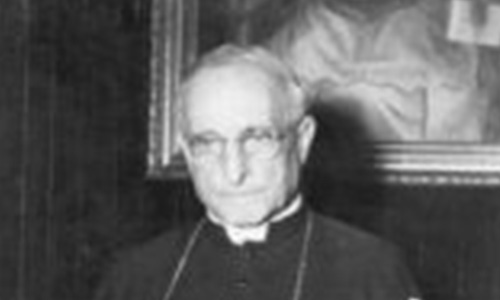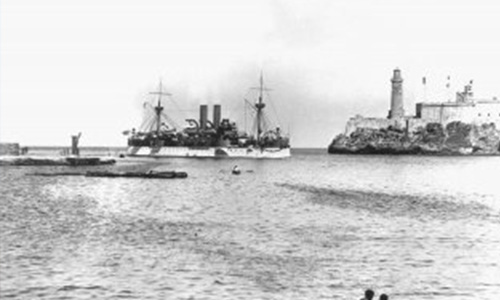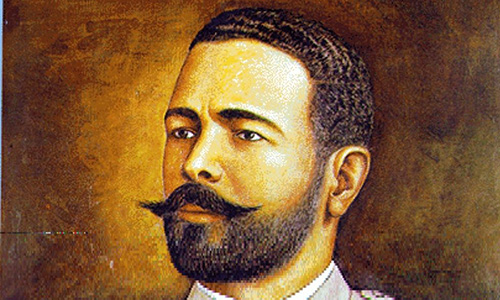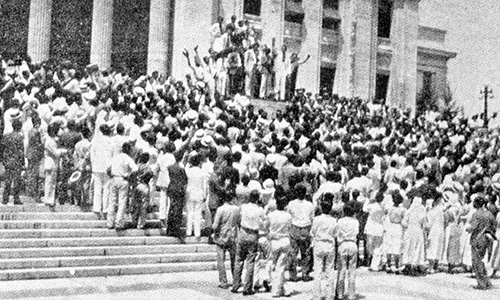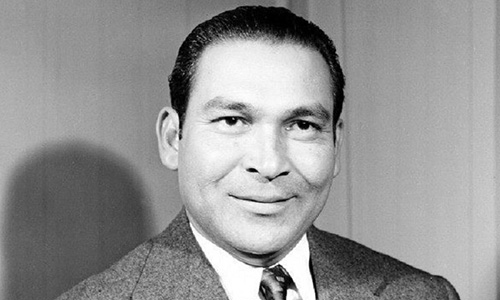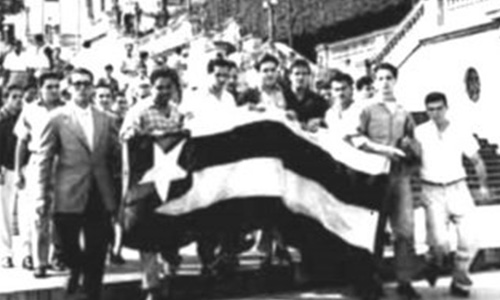Las mujeres obtienen el derecho al voto – 3 de febrero de 1934
El 3 de febrero de 1934, el artículo 38 de una nueva constitución extendió el sufragio a las mujeres cubanas. Las feministas cubanas habían hecho campaña activamente por el derecho al voto desde los primeros días de la República. A comienzos de la década de 1920, el sufragio universal se había convertido en el tema […]
Las mujeres obtienen el derecho al voto – 3 de febrero de 1934 Leer más »


